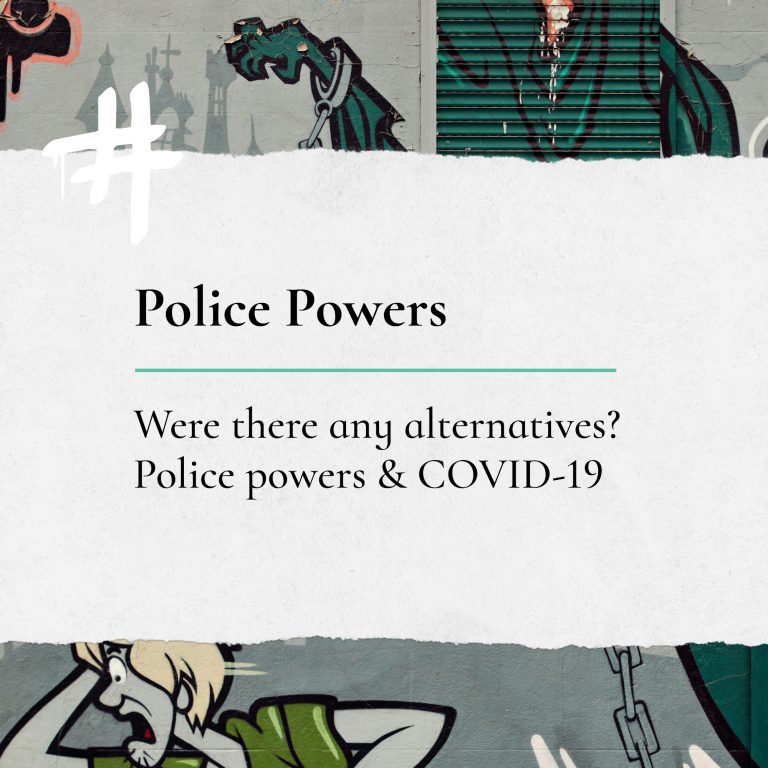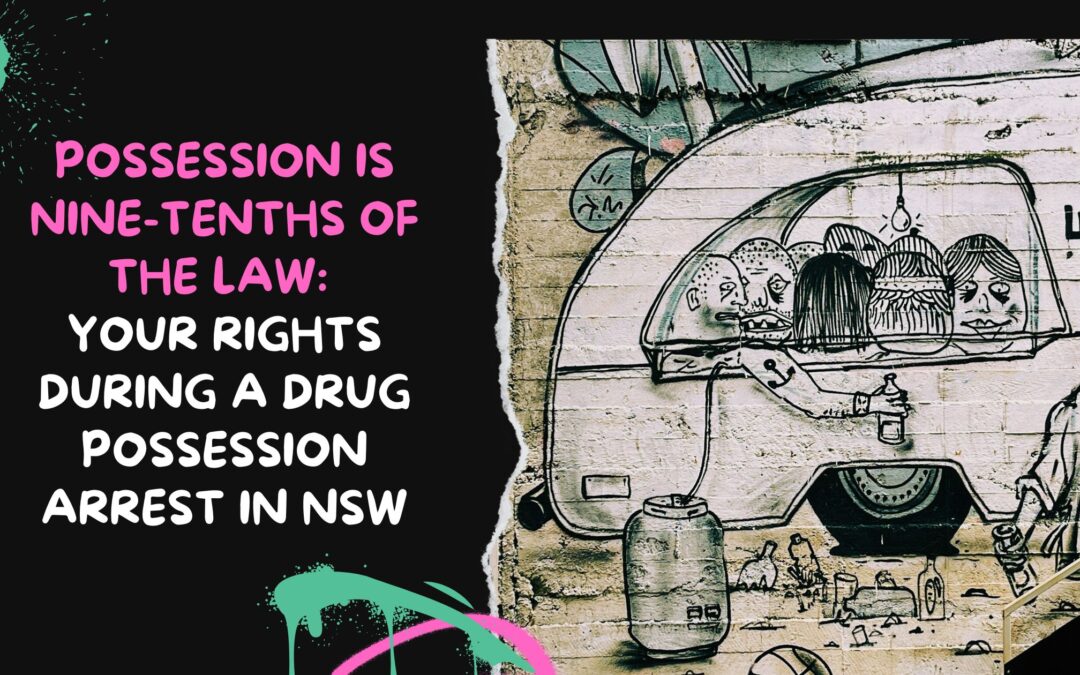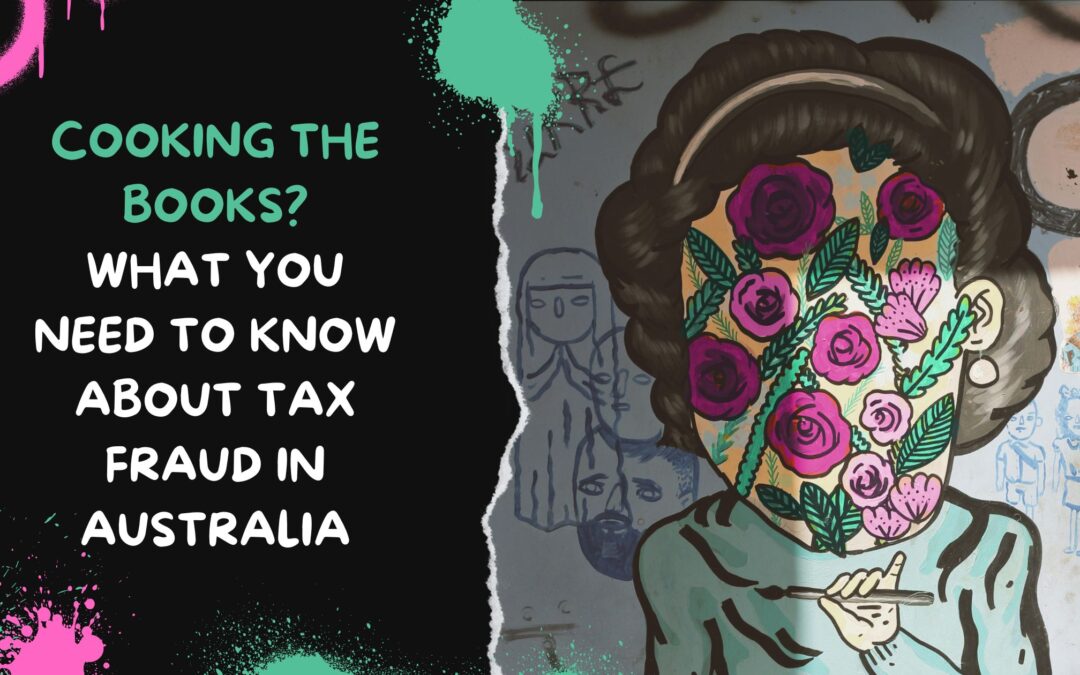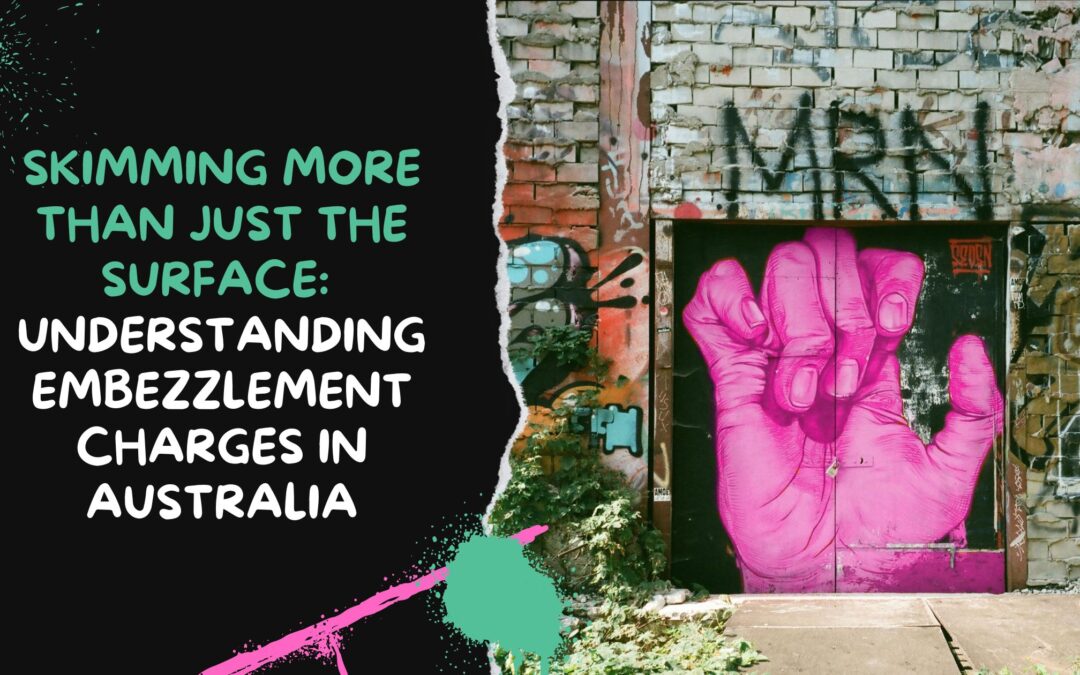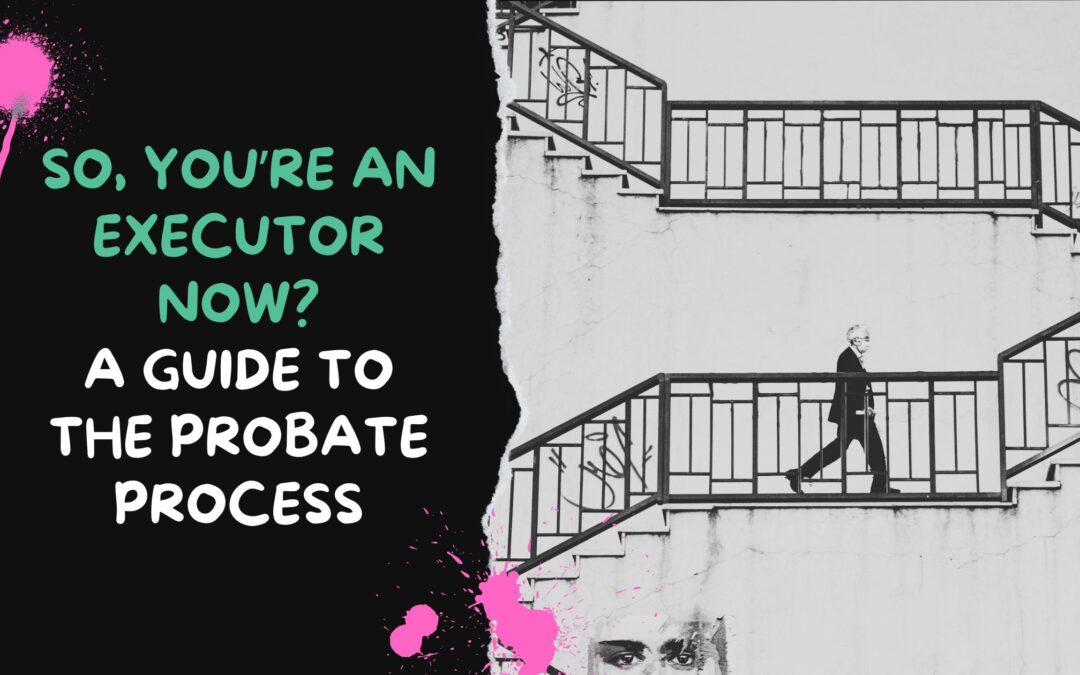At the peak of the nation’s COVID-19 control measures, police were granted sweeping powers over Australian citizens. Leaving your house without a reasonable excuse became an offence—and yet in many cases, it was left up to police to decide what a ‘reasonable excuse’ was.
With data showing that COVID-19 fines in NSW alone totalled more than $1M, there’s no question that these powers meant a police crackdown on what would normally be completely acceptable, somewhat mundane activities (sitting alone on a park bench, eating a kebab, anyone?).
So how did it come to this? It’s easy to look back on the situation and say ‘we should have done this, that or the other.’ Some people may even suggest that the damage is done – in other words, police powers have been curtailed as control measures have eased, and granting these powers was an effective way of controlling the threat of COVID-19.
But we disagree. Even in the midst of a pandemic, police powers should protect citizens, not oppress them. Using COVID-19 as a reason for police powers to go unchecked results in arbitrary, hasty decision-making and dire consequences. As we come into the recovery stage and threats of a second wave emerge, it’s more important than ever that we engage with understanding what these sweeping police powers mean for us. Let’s break down some of the key elements that we think should be addressed (and weren’t during COVID-19).
- Proportionality
One of the big issues with how our government handled COVID-19 was disproportionate sanctions for flouting the rules.
Australia never faced a ‘total lockdown’ as many countries around the world did. Yet our punishments for flouting new laws came at a hefty cost compared to those around other countries that went into a full lockdown. The cost of violating social distancing restrictions or leaving home without a ‘reasonable excuse’ in NSW? Up to $11,000 or six months jail. In Italy? This fine began at €200 ($346) and increased to €400 – €3000 ($700 – $5,310).
Let’s go back to our mention of the man-eating a kebab alone at a park bench…that cost him $1,000. Yes, he had been asked to move before – but $1,000 is one expensive kebab.
- Police discretion
It’s no surprise that leaving it up to police officers to determine what constituted a ‘reasonable excuse’ resulted in some pretty ludicrous fines. We’ve already mentioned the kebab incident, but what about a learner driver fined $1652 in Victoria for taking a driving lesson with her mother? (The fact that this was later revoked only shows that police couldn’t hide from the ludicracy of this fine).
Without clear guidelines of what we could and couldn’t do, the public was floundering in a grey area trying to figure out what was and wasn’t allowed. Daily activities like going for a coffee may result in an offence, depending on the goodwill and sense of whichever police officer happened to be in their area. Then there were those keen to test the limits of what was acceptable by process of trial and error. Effective? We don’t think so.
- Hasty decisions lead to confusion
Without a doubt one of the reasons the public was left so confused was because many states and territories slapped drastic new laws together overnight….then continued to change them.
At one point it was legal to go to the hairdresser, but not to any other type of salon. During the height of our control measures, some retailers (Kmart, Bunnings, etc) kept their doors open: going shopping was apparently okay, but going to the office was not. And this varied from state to state: it’s no wonder the public were left in a grey area trying to figure out what activities were and weren’t allowed. So is this really the time to be imposing hefty fees and potential imprisonment for people who break the (pretty unclear) rules?
- Alternatives
Alright, that’s enough criticism. In the event that we do need to reinforce restrictions (looking at you, Victoria), what are our alternatives to granting sweeping police powers?
It goes without saying that police discretion over what is and isn’t a ‘reasonable offence’ is hardly appropriate. Clear parameters and communication over what is and isn’t appropriate is a necessity. Fines ought to be issued when alleged offences actually breach the public interest or pose a risk to public health and safety – not simply because an officer doesn’t think what you’re doing is reasonable. We know better now. As members of the community, we can hold the police to a higher standard.
If you find yourself on the receiving end of a stinging fine that doesn’t match the laws it was issued under, please get in touch with us on +1 (02) 8080-7585 as quickly as possible so we can help advise you of the best course of action.
